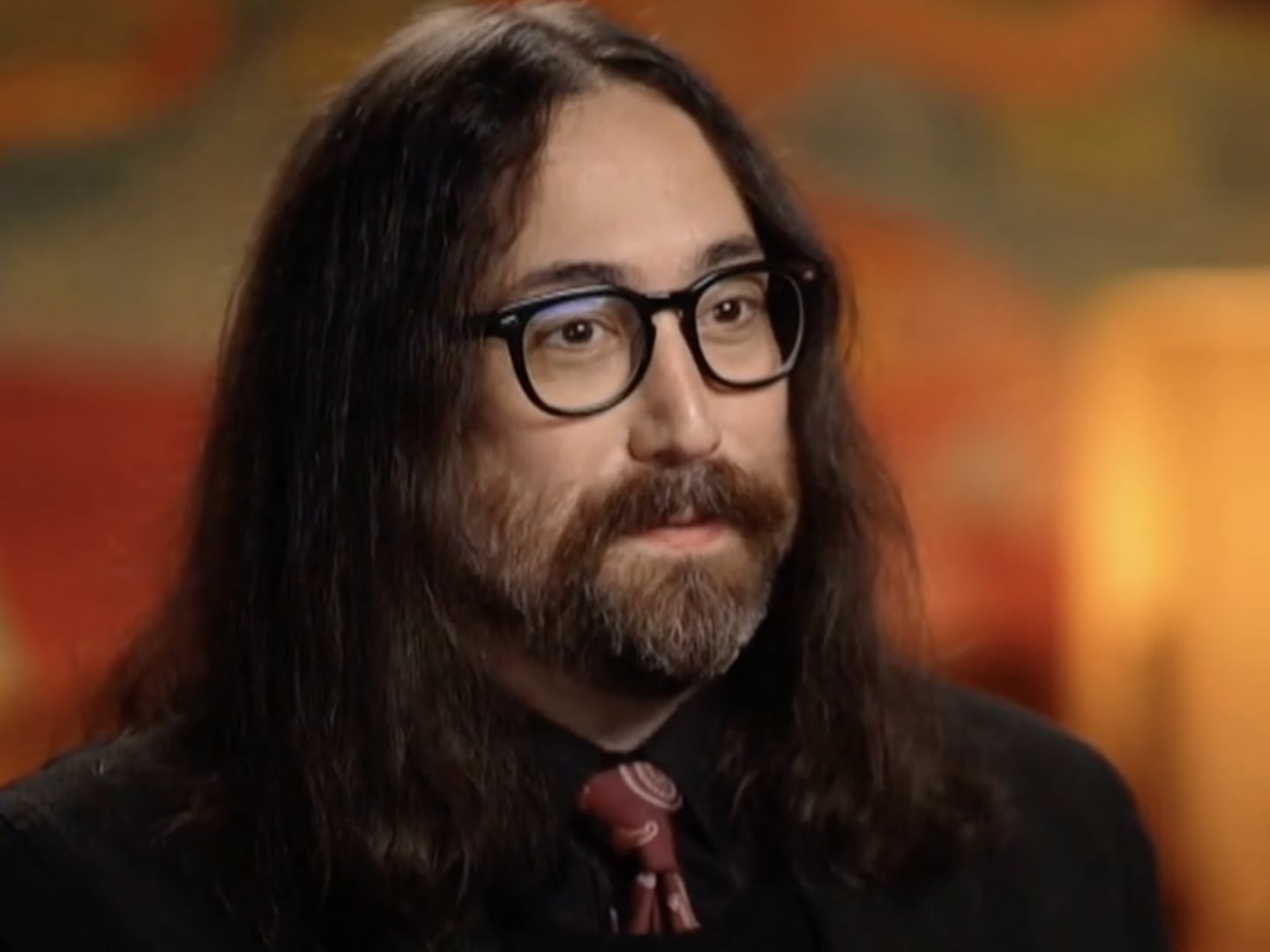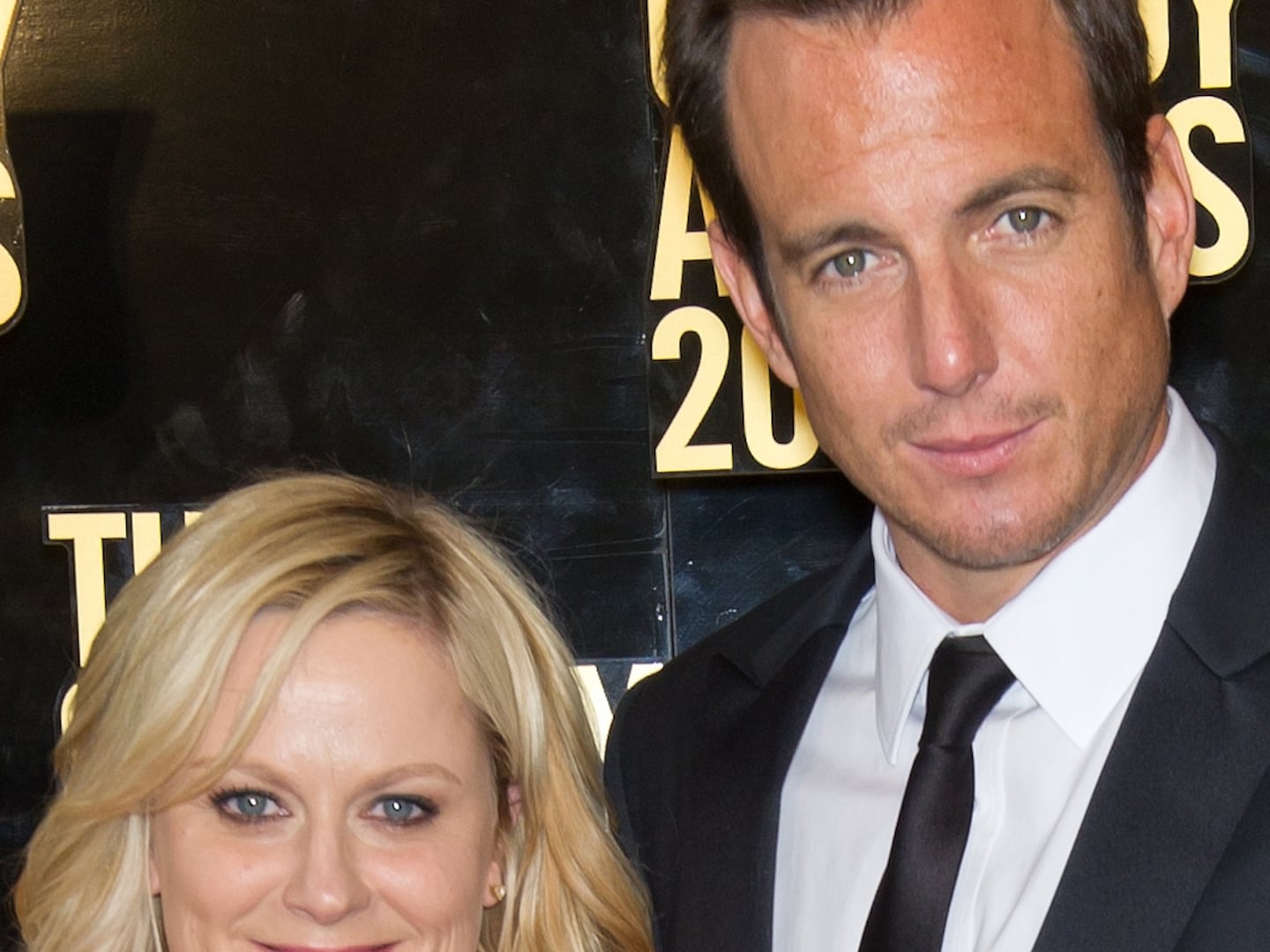Every October, horror fans are treated to the acute displeasure of having to wade through the season’s selection of streamer-dumped genre content in search of any gems, lest they fall through the cracks and get lost forever. This can sometimes lead to exciting discoveries, things that are still flying under the radar after an extremely limited theatrical release, or bold and exciting projects from first-time directors that go for broke on gonzo gore (even if they aren’t all the most narratively sound).
And any horror fan will tell you, the hunt is part of the fun. One of the many reasons that the genre is so beloved is that, even when it’s bad, it’s oh-so good. Spending 90 minutes on the couch with a terrible horror movie does not equate to spending the same amount of time with an unfunny comedy or a snooze-worthy drama. The experience might be painful, but it’s also highly pleasurable.
That same sliding scale between pleasure and pain is the guiding force of the Cenobites, the demonic beings in Clive Barker’s iconic 1987 B-movie, Hellraiser. The Cenobites, led by their nameless leader—affectionately nicknamed Pinhead after its release by the franchise’s fans—are “explorers in the further regions of experience.” When summoned by a puzzle box, the Cenobites appear to collect their caller and take them to some netherworld: neither Heaven nor Hell, but filled with endless torture.
The film spawned a whopping nine sequels, while a proper reboot remained ironically in a production hell of its own since 2006. That is, until now, with the Barker-coproduced resurrection landing on Hulu Friday. The new Hellraiser is billed as a “take” on the original film, a different story with the same core principles, updated for a generation for whom pain and pleasure seem to run in tandem at all times.
With the horror genre more mainstream than ever—and endless material to pluck from the culture-at-large to make the film’s themes even more discomforting—this new Hellraiser could’ve been a chance to draft a new legion of devotees to the Cenobites. But aside from some fantastic demon sequences and admirable practical effects, Hellraiser squanders its iniquitous potential in favor of tired horror tropes and a painfully overt allegory that weighs it down to the depths of rebooted horror hell.
The new film, like the 1987 original, opens with a sequence that lays out the rules. A mysterious puzzle box is found in the house of an eccentric billionaire, Roland Voight (Goran Visnjic), by a guest at one of his lavish parties. Curious, the partygoer toys with the box and solves its current configuration, triggering a blade that pops out from the box and cuts through his hand. His blood calls the Cenobites, and, moments later, he’s a prisoner hooked in their chains.

Six years later, Riley (Odessa A’zion), a twentysomething burnout, is trying her best to stay clean. She lives with her brother, Matt (Brandon Flynn); his boyfriend, Colin (Adam Faison); and their roommate, Norah (Aoife Hinds); and worries them all with her constant comings and goings. When Riley brings home a hunky new beau, Trevor (Drew Starkey), from a 12-step meeting, the group is even more suspicious.
Seemingly intent on helping Riley skirt recovery and responsibility, Trevor suggests they rob an old shipping container that was left in a warehouse by a rich antique dealer. They discover the puzzle box in its original configuration and take it home, obviously while on a bender. Fed up with his sister’s behavior, Matt kicks Riley out. She takes the puzzle box with her. Hours later, in a haze of regret, Matt searches for Riley and finds her on a playground, drifting in and out of consciousness. When he tries to pry the box from her hand, he mistakenly completes a configuration and stabs himself with its blade.
By the time Riley comes to, Matt has disappeared, leaving nothing but his blood in the sink of a nearby bathroom. Determined to trace the puzzle box back to its origins, Riley must confront her own demons. In order to discover the mystery behind the box, she must make amends with her friends—all while being trailed by the Cenobites, who need new victims and offer Riley life’s greatest pleasures in return for offering them up.
If that sounds like a heavy-handed metaphor for the struggles of addiction, ding ding ding! You’ve nailed this reboot’s overt allegory, joining other recent entries in the oh-so-obvious canon like Halloween (PTSD!), The Invisible Man (domestic violence!), and Scream (being terminally online!). Unlike 2013’s fantastic Evil Dead reboot—which also tackled drug addiction by depicting the visceral horrors of withdrawal—Hellraiser eventually abandons its entire allegorical setup. The result is that one of the most brutally memorable horror films of all time becomes a largely by-the-numbers slasher.

We’re given little to no idea of who the characters in this reboot are and what’s going on in their inner lives. Two are gay, one is a brother, one’s a stud, and another is…a roommate? Beyond those commonplace descriptors, they have zero distinguishable traits. Which begs the question, why is the Hellraiser of 2022 a whole 40 minutes longer than the original, yet feels so much more hollow?
If a horror movie stretches past the two-hour mark, it has to earn it. The original film does so much with so little that it’s downright gobsmacking. It gets its exposition out of the way almost instantly and doesn’t make a huge rigamarole out of the mystery box logistics. It’s quick, sickeningly creepy, and absolutely disgusting—just what any Hellraiser movie should be!
For all of its sleepiness, the new reboot does briefly come alive (or should I say, reanimate) whenever Pinhead and the Cenobites emerge from their outer dimension to grace the audience with their wicked perversions. The movie borrows a couple of creatures from the original film, updating their design but thankfully keeping the practical effects and makeup that make them so hauntingly nightmarish. There’s even a new Pinhead, played by Jamie Clayton, who finally gives the Cenobites’ High Priest the dose of feminine energy it deserves—despite the whole gender-averse deity of Hell thing.
Each of the Cenobites sequences is completely gripping; their low, modified voices shred nerves as easily as their chains, hooks, and various torture devices cut through their victims' skin. When Pinhead callously asks, “What is it you pray for?” as one such casualty begins to recite the Lord’s Prayer, it’s a deliciously depraved reminder of what makes Hellraiser’s conceit so startlingly blasphemous. The films prey on our intrinsic fear of annihilation, suggesting that it’s useless to spend so long coveting salvation when we should instead accept that the very existence of a soul means it will forever waver between good and evil.

The new Hellraiser soars every time it lets itself briefly rest in the muck of entropy, only to be pulled back down to earth by its meagerly written characters, who don’t have nearly enough bite to be reviving a franchise. What’s more, the film falls short with its representation of modern immorality. The occult panic of the 1980s still feels palpable watching the original film, and this new Hellraiser misses a grand opportunity to recapture that queasiness in its wealthy, insatiable, Jeffrey Epstein-inspired vile magnate who holds the key to the puzzle box’s mysteries.
Even with some delightfully ungodly sequences, the long-awaited Hellraiser reboot fails to recreate the same dark magic that the original so deftly harnessed. Pinhead told us in 1987, “Some things have to be endured, that’s what makes the pleasures so sweet.” Let’s hope that rings true when the puzzle box is opened again in Hellraiser’s inevitable sequel.





